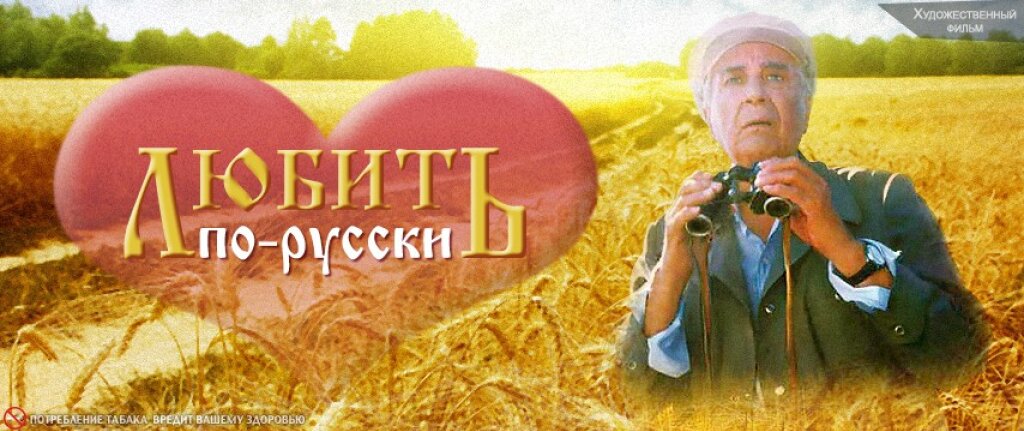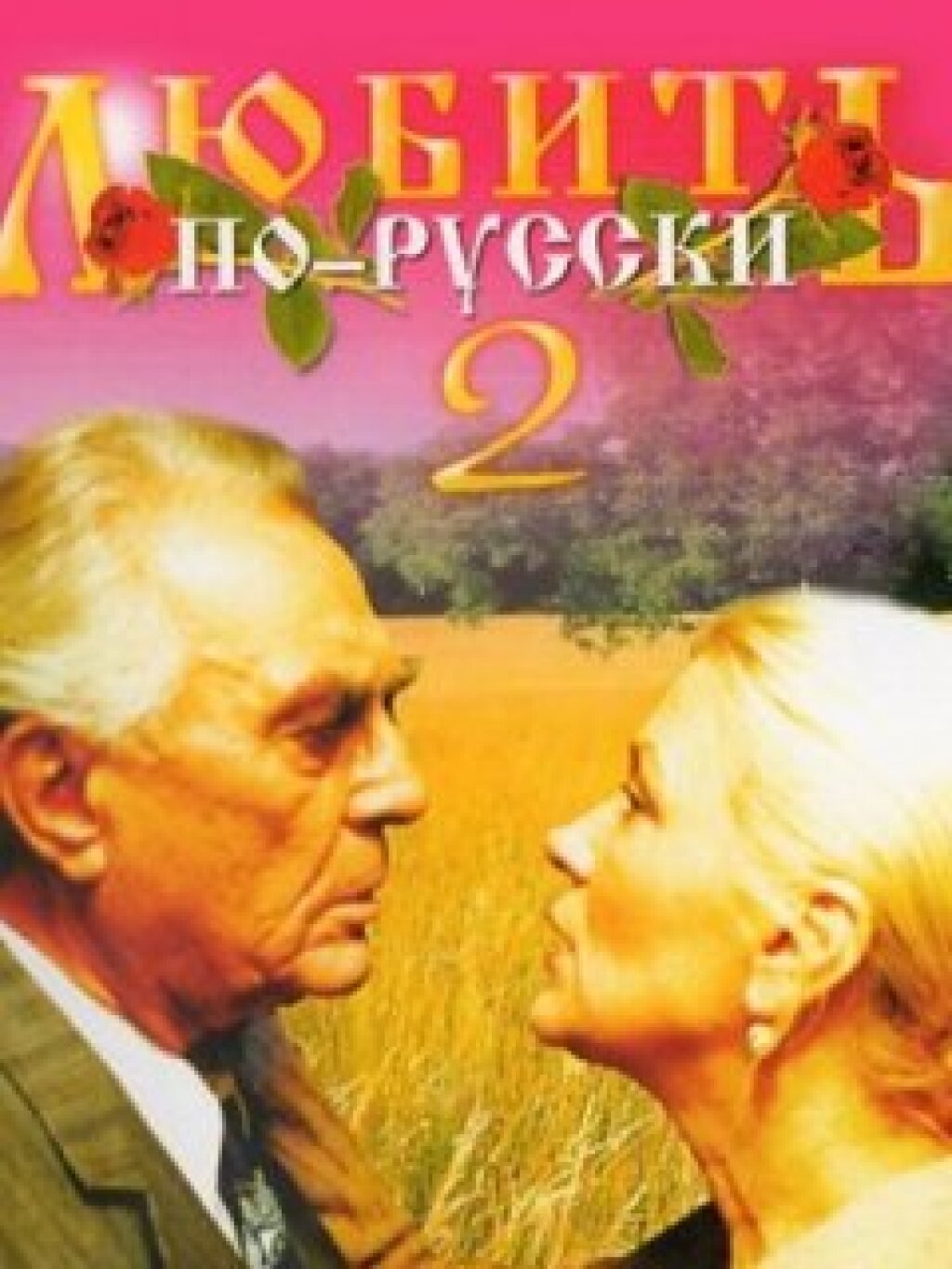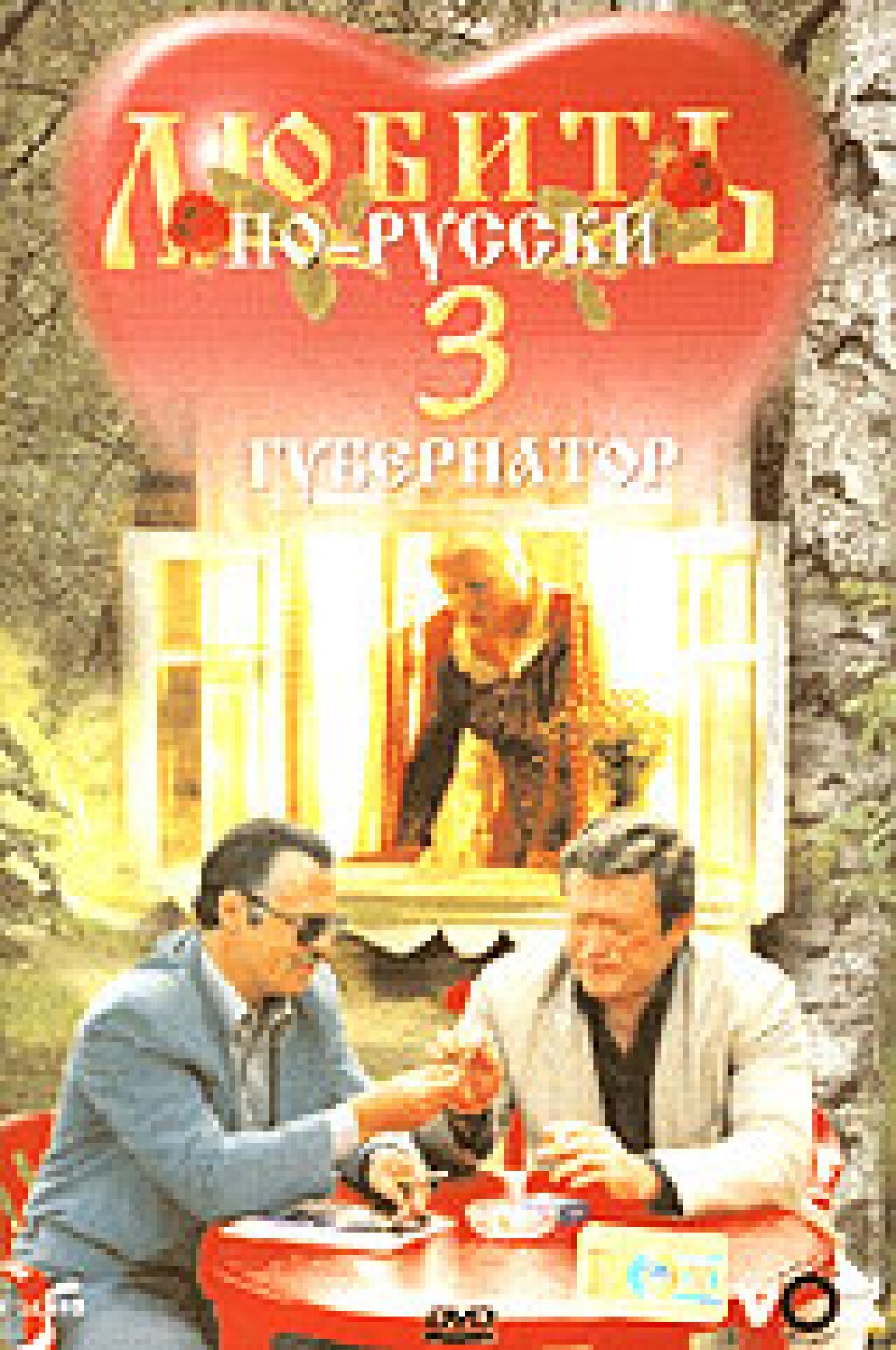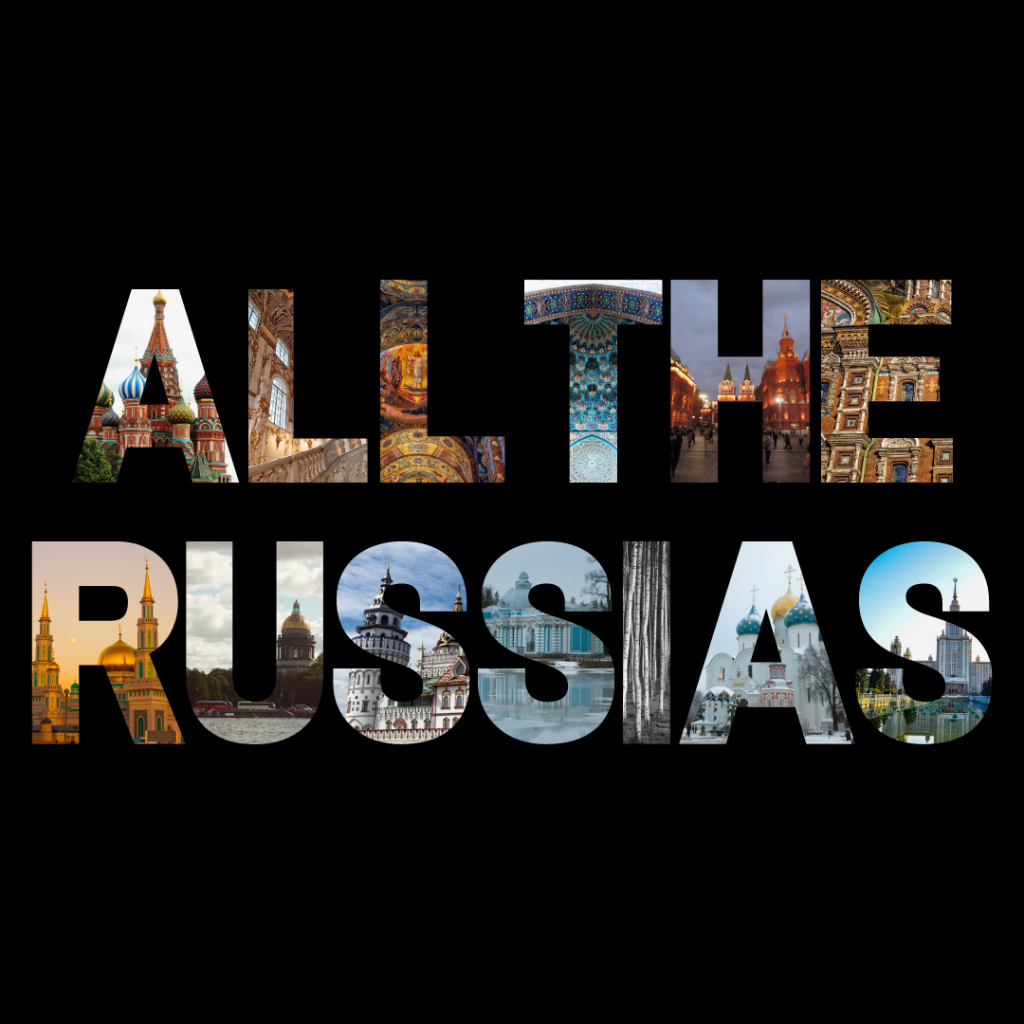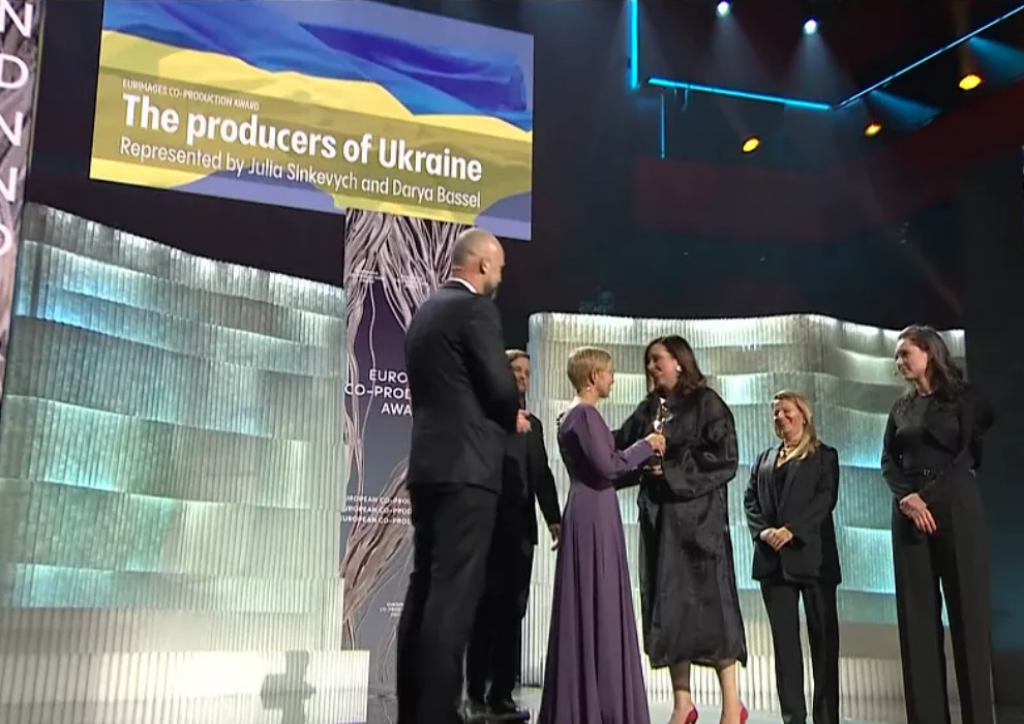This post is part of Chapter 2 of Russia’s Alien Nations: The Secret Identities of Post-Socialism, an ongoing feature on All the Russias. It can also be found at russiasaliennations.org. You can also find all the previous entries here.
Consider two post-Soviet Russian dramas about the struggle for ordinary people to hold on to their land in the face of overwhelming opposition. In 1995, veteran actor Yevgeny Matveev directed and starred in a film that turned out to be the first in a trilogy: Love, Russian Style (Liubit’ po-russki). The sequel, released the following year, was called Love, Russian Style 2. I leave it to my more perspicacious readers to guess what the final entry in the series was called when it came out three years after that.
Love, Russian Style tells the story of a group of former collective farmers whose plans to work their land are threatened by the insidious machinations of a local gang leader, who steal the land out from under them when a valuable source of mineral water is discovered on it. Our heroes are a motley group of salt-of-the-earth types: a former collective farm director (Matveyev), a rugged young man who seems to style himself after the 1970s Russian bard Vladimir Vysotsky (singing the film’s theme song, Vysotsky style, from his prison cell), a female refugee (but a “good” one, an ethnic Russian fleeing violence in a former Soviet republic). Their opponent is a rich, repulsive new Russian, while their means of resistance only reinforces the heroes’ old-fashioned purity (they actually find a cache of World War II weapons, fighting the New Russian’s hired thugs with a fabled tachanka). The iconography of their struggle could not be clearer.
Love, Russian Style was not a memorable movie (I seem to be one of the few who hasn’t managed to forget it), and its sequels, as is so often the case even with better films, brought diminishing aesthetic and financial returns. Yet it shares an overall plot with one of the most highly acclaimed Russian films of the twenty-first century, Andrei Zviagintsev’s 2014 Leviathan (Leviafan).
Though based on an actual even that took place in the United States ten years earlier, Leviathan establishes a conflict that is structurally equivalent to the one that motivates Love, Russian Style. In this case, a car mechanic named Kolya refuses to sell the land his house is built on, but the antagonist is not a private citizen. He is the town’s corrupt mayor, who supposedly wants to set up a telecom tower on Kolya’s land, but in the end builds a church at the behest of the local bishop (who is one of his friends).
Where Love, Russian Style embraces the optimism of a feel-good melodrama, Leviathan wallows in arthouse misery. The heroes' success in the 1995 film and Kolya’s defeat almost twenty years later are each appropriate to their respective genres, but the difference in the status of the films’ villains also plays a significant role. Hating the New Russian in the 1990s was not just acceptable; it was practically a national pastime. And no matter how much power the New Russian might have, and no matter how many strings he is able to pull, he is still not the State. In fact, the Love, Russian Style mediates among three separate constituencies (a kind of hate triangle), with the State still available as a possible force for good. The problem with the State is not that it is evil, but it is weak, and leadership positions can still be filled by good people (over the course of the trilogy, the former collective farm director is elected governor). In Leviathan, private wealth and state power have merged (and formed a threesome of their own with the Russian Orthodox Church). Kolya has no other avenues of recourse, no means of (re)mediation. The ethically bankrupt New Russian can have people killed, but it is the State that can crush the soul.
The State is the Leviathan; the New Russian is somewhere between a piranha and a guppy.
Next: Rich Man’s Burden

